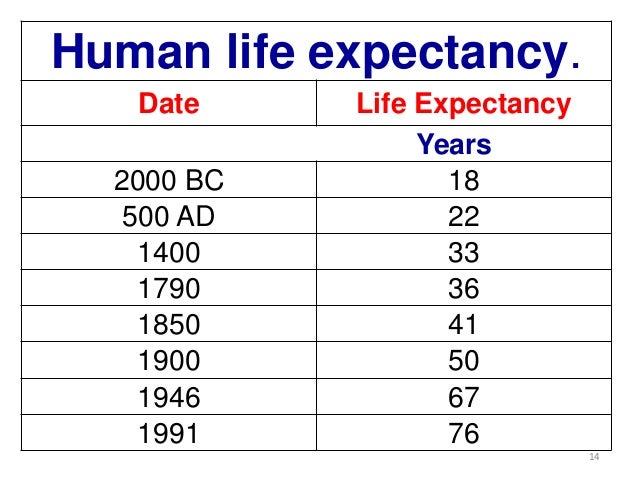Most of money in the UK is created by banks when they make loans. The only way to get extra money into the economy is to borrow it from banks, leaving us all trapped under a mountain of personal debt and mortgages.
1. Banks create new money when people go into debt
When you take out a loan, new money is created. As people borrow more, more new money comes into the economy. All the extra spending this newly created money funds gives people the impression the economy is doing well, which encourages them to borrow even more. As the debt goes up, so does the amount of money.
2. For every pound of money, there’s a pound of debt
Because banks create money when people borrow, for every pound of money in the economy there will be a pound of debt. If there’s £100 in your bank account, someone else must be £100 in debt. Across the whole economy there will be as much debt as money.1
3. If we want more money in the economy, we have to go further into debt
If we need to get more money into the economy – for example, during a recession – then we have to go further into debt to the banks. This is why the government is desperate to get banks lending again: if banks start lending more, they’ll create more new money in the process, and the people who borrowed will spend this new money.
But if the financial crisis was caused by people having too much debt, how can the solution be for people to take on more debt?
4. If we try to pay off debt, then money disappears
When you pay down your debts, the money that leaves your bank account doesn’t go to anyone else – it just disappears. This is because loan repayments are just the opposite process to money creation: banks create money when they make new loans, and effectively ‘destroy’ money when they repay loans.
So when lots of people try to pay down their debts at the same time, money disappears from the economy. As a result of there being less money and less new lending spending slows down. When this happens, it’s like draining the oil from the engine of a car: pretty soon, everything stops working.
This means that it’s almost impossible to reduce our debts without causing a recession. And you personally can only pay off your debts using money that was created when someone else went into debt. This creates a debt trap, where over time the level of personal debt in the economy has to keep growing.

